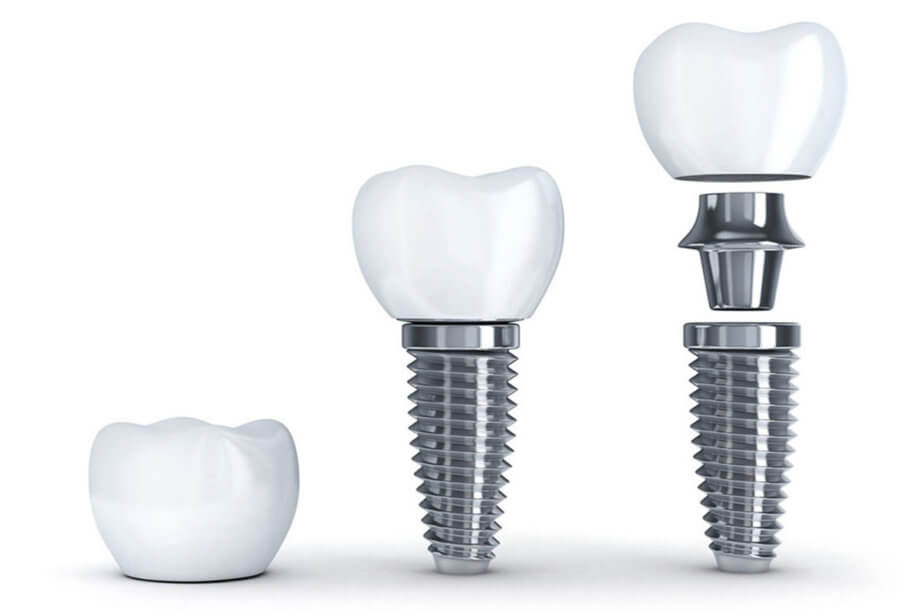There is some archeological evidence that primitive dental implants were used by prehistoric people. There are confirmed records that show their use as early as 600 AD. Yet modern dental implants were not available until the 1970s, and they were not widely popular until the 1990s. Despite a recent surge in popularity due to falling prices, increased insurance coverage, and improved technology, though, myths and misconceptions abound. Here is the truth behind some common dental implant myths.
Dental Implants Are Only for the Rich
Although prices have come down, dental implants are still costlier than dentures. However, they are priced only slightly higher than dental bridges, which require healthy tooth structure to be sacrificed. In addition, only a few dental implants are required to secure an entire arch of replacement teeth. They are far more comfortable and more natural in appearance than dentures, and they preserve oral health by halting and reversing jawbone loss.
Over the long run, dental implants are actually the most affordable solution. Bridges and dentures tend to fail within 10 to 15 years, and dentures must be relined every 1 to 2 years. Dental implants can easily last a lifetime.
Dental Implants Are Only for Those in Good Health
It is true that any surgery is riskier for those with an uncontrolled medical condition such as diabetes or high blood pressure. If your condition is well-controlled, though, you are not at a significantly higher risk. If you have oral health issues such as gum disease, those must be addressed before dental implant surgery. Likewise, if you lack sufficient jawbone to support dental implants, you must have bone grafting first. Once these other issues are under control, though, there is generally no reason not to place dental implants.
Dental Implant Surgery Is Painful
Any oral surgery can cause some pain, but many patients report that dental implant placement is less painful than tooth extraction. Modern surgical procedures and numbing techniques, along with innovative technology and a compassionate, skilled dentist can render this procedure nearly pain-free.
If you receive a prescription for painkillers, be sure to take them as directed even when you are not hurting. This allows you to stay ahead of any pain. Most people are feeling well and back to work within 2 or 3 days.
Dental Implants Are Likely to Fail
No medical procedure succeeds every time. However, dental implant surgery has stunningly high success rates. The biocompatible titanium is virtually impossible for the body to reject, so typical success rates are around 95%. An experienced implant dentist whose patients carefully follow aftercare instructions can achieve a success rate of 98%.
Dental implants have become the gold standard for replacing missing or failing teeth. A comfortable, highly natural option that preserves oral health, dental implants are well worth the upfront financial investment.
Ready to Get Started?
If you need dental implants in Waltham, MA, contact 376 Dental Studio today at 781-373-3068 to schedule your initial evaluation.

